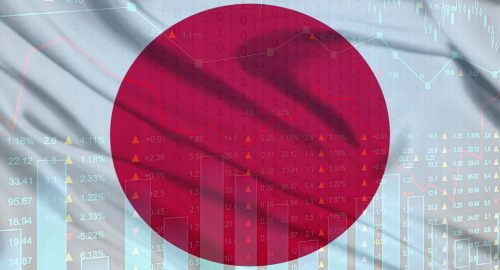 A new gambling addiction survey claims 3.2m Japanese citizens have trouble keeping their gambling in check, although the criteria used in the study appears to have vastly inflated this number.
A new gambling addiction survey claims 3.2m Japanese citizens have trouble keeping their gambling in check, although the criteria used in the study appears to have vastly inflated this number.
On Friday, researchers at Japan’s Ministry of Health, Labor and Welfare released an interim report on their latest survey, which claimed 3.6% of the 4,685 adults surveyed were suspected of having developed gambling addiction at some point in their lives. Given recent census data, that would put the total number of problem gamblers at 3.2m.
However, many of these ‘addicts’ hadn’t actually engaged in any gambling for years, and the percentage of respondents whose behavior over the past year indicated problem gambling behavior was 0.8%, which would mean around 700k adults nationwide were really problem gamblers.
The 0.8% figure is comparable to many other countries, including the UK, which recently reported an identical 0.8% problem gambling rate. But, as with Japan, the UK media chose to run with the larger 3.9% of UK adults who were ‘at risk’ of becoming problem gamblers, because it’s hard to gin up outrage when the data says you’re no better or worse than everyone else.
What’s more, the Ministry’s previous gambling survey in 2014 showed roughly 5% of the population, or 5.4m Japanese adults, were gambling addicts. So the figure is actually decreasing, although few Japanese media outlets have chosen that as their main takeaway from the current survey.
Among Japanese residents who were identified as problem gamblers in the 2017 survey, pachinko claimed the biggest slice of gambling spending, with gamblers spending an average ¥58k (US $515) per month. Pachinko is one of Japan’s few legal gaming options – even if pachinko’s post-play money-changing aspect may not be technically legal – along with lotteries and race betting (horse, bicycle, motorcycle and speedboat).
Japan is currently attempting to develop a domestic integrated resort casino industry, although last month’s snap election call by Prime Minister Shinzo Abe means the push to approve secondary casino legislation has been pushed back until 2018. Legislators have also promised measures to mitigate the casinos’ ability to boost problem gambling behavior, and the new survey will likely ensure that such measures are more restrictive than they need to be.